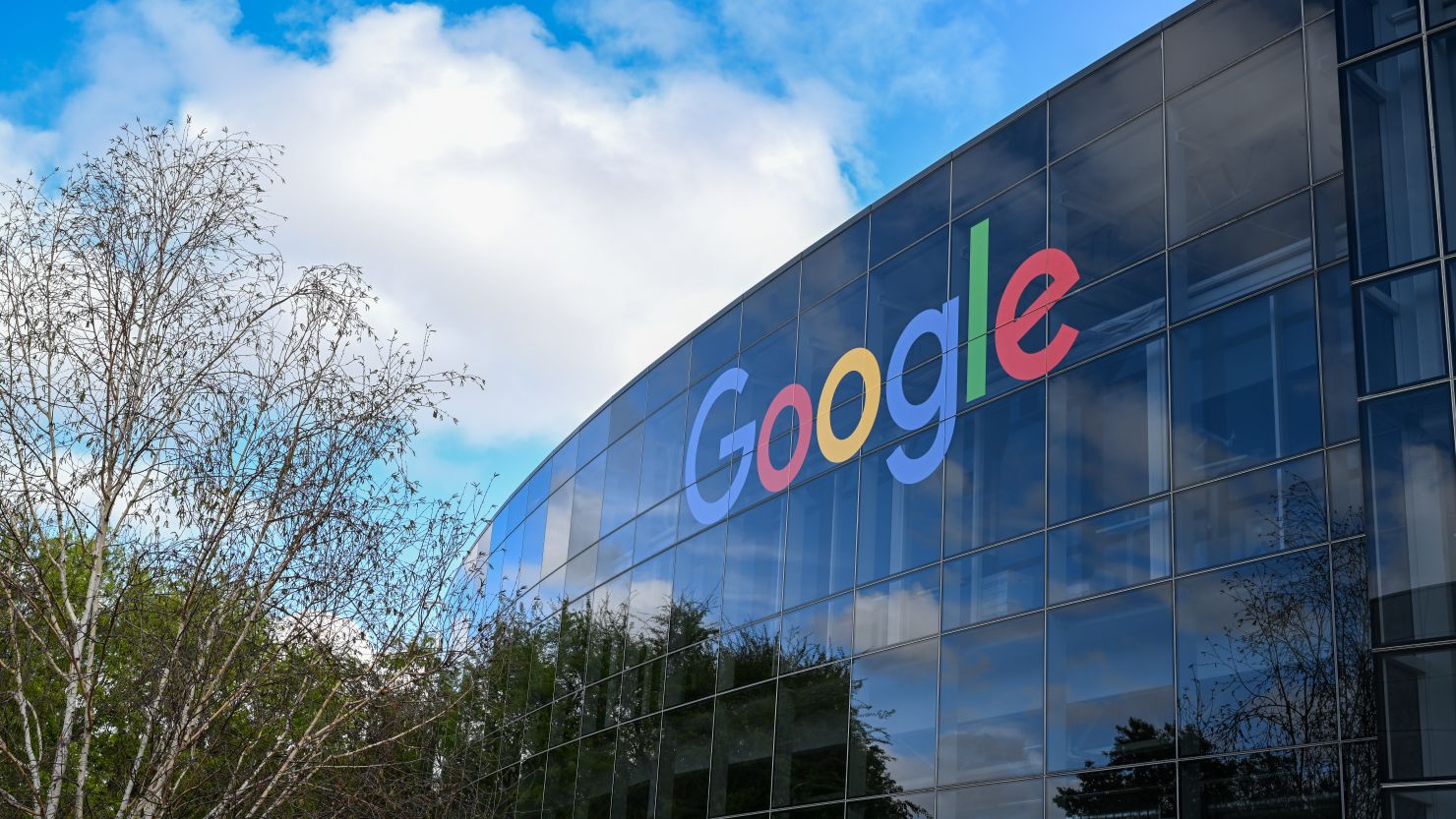Alphabet, the parent company of Google, bounced back from an absolutely dreadful day for tech shares, as its stock surged Thursday after the closing bell. All it had to do was to hand out billions of dollars to investors.
The tech giant announced its first quarterly cash dividend, saying it will pay $0.20 per share on June 17 to shareholders of record as of June 10, as well as a $70 billion share buyback. Buybacks and dividends help to boost stock prices by rewarding investors with cash just for holding the stock — but they’re widely criticized for artificially inflating the stock price without spending on employees or improvements to the underlying business.
Google’s stock jumped as much as 13% in after-hours trading following the report.
The announcement came as part of Google’s earnings report for the first three months of the year, in which it also reported that it exceeded Wall Street analysts’ expectations for both sales and profits.
Revenue from the quarter reached more than $80.5 billion, up 15% from the same period in the prior year and ahead of the $78.75 billion analysts had projected, according to FactSet estimates. The company also reported 57% year-over-year growth in profits to nearly $23.7 billion.
Alphabet chief executive Sundar Pichai attributed the success to the company’s investments in artificial intelligence, including the large language model and suite of AI products it calls Gemini.
“We are well under way with our Gemini era and there’s great momentum across the company. Our leadership in AI research and infrastructure, and our global product footprint, position us well for the next wave of AI innovation,” Pichai said.
Google’s results were a sign of how investors may reward some tech companies for their investments in artificial intelligence, which many see as the future of the sector.
“We have clear paths to AI monetization through ads and cloud, as well as subscriptions,” Pichai said on a call with analysts following Thursday’s report.
But not every company has successfully convinced investors that they’re investing in AI responsibly. Meta shares sank on Thursday after the company raised its annual expense forecast to fund its AI ambitions, despite better-than-expected earnings results Wednesday.
But in addition to Google, multiple positive tech earnings reports on Thursday helped reverse what had been a sluggish day for tech stocks.
Snap results
Social media company Snap, the parent company of social media platform Snapchat, also saw its stock climb after-hours on the heels of a rosy first-quarter earnings report that beat Wall Street’s estimates.
Snap reported revenue of some $1.19 billion for the first three months of the year, up 21% from the year-ago quarter. And it said daily active users increased 10% year-over-year. The company also offered a better-than-expected outlook for the current quarter.
Snap has been working to improve its advertising technology and offerings, while undergoing a restructuring aimed at cutting costs. While it nonetheless reported a net loss of $305 million for the March quarter, it was an improvement from its loss a year ago and better than analysts expected.
Snap shares soared roughly 25% in after-hours trading immediately following the report.
Microsoft earnings
Meanwhile, Microsoft reported quarterly profits of $21.9 billion, up from $18.3 billion a year ago, signaling that the company’s efforts to double down on AI are also paying off. Revenue grew 17% year-over-year to $61.9 billion.
“Microsoft Copilot and Copilot stack are orchestrating a new era of AI transformation, driving better business outcomes across every role and industry,” chief executive officer Satya Nadella said in a statement, referring to Microsoft’s AI services.
Microsoft shares climbed more than 4% in after-hours trading Thursday.
While rivals play catch up, Jeremy Goldman, a senior director at market research company eMarketer, wrote in an analyst note that it’s clear that Microsoft’s early bets on OpenAI’s ChatGPT are paying off through products like its Copilot for Microsoft365, an AI chat assistant built into its existing suite of business products.
“Investors should keep an eye on potential AI overspending, but for now, Satya Nadella’s forward-looking strategy is building value by infusing productive intelligence across Microsoft’s entire portfolio, from the cloud to the desktop.”
Microsoft’s Azure cloud business also experienced strong growth – revenue grew 31% – boosted by AI tailwinds.












